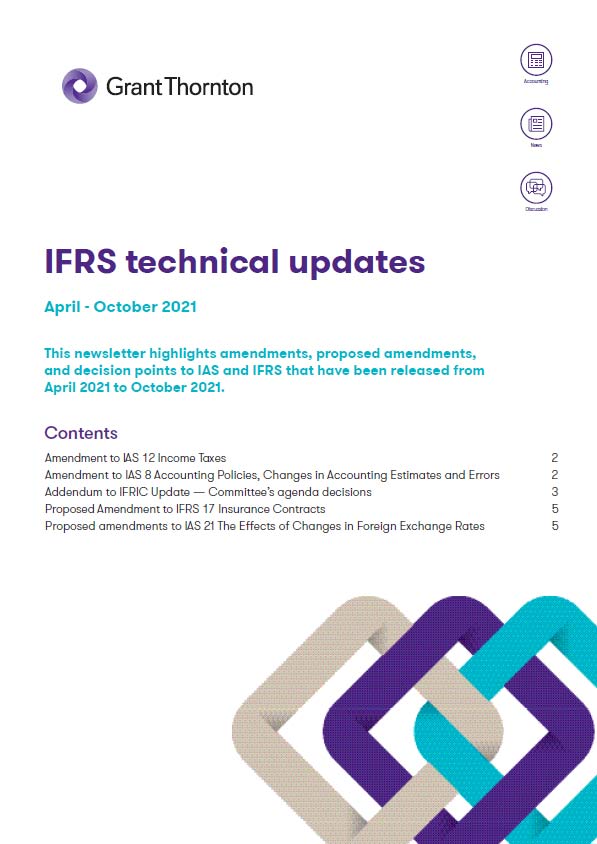The proposed amendments add requirements to IAS 21 which specifies the exchange rate to use in reporting foreign currency transactions when exchangeability between two currencies is temporarily lacking. Amendment will help the companies determine whether a currency can be exchanged into another currency, and what accounting to apply if the currency cannot be exchanged.
The following key changes have been made to the standard:
- Definition: A currency is exchangeable into another currency when an entity is able to exchange that currency for the other currency.
- When exchangeability between two currencies is lacking, the entity shall estimate the spot exchange rate at that date. The estimated spot exchange rate shall meet the following conditions assessed at the measurement date:
- a rate at which an entity would have been able to enter into an exchange transaction had the currency been exchangeable into the other currency;
- a rate that would have applied to an orderly transaction between market participants; and
- a rate that faithfully reflects the prevailing economic conditions.
When an entity estimates a spot exchange rate because exchangeability between two currencies is lacking, it is required to disclose information that would enable users of its financial statements to evaluate how lack of exchangeability between two currencies affects, or is expected to affect, its financial performance, financial position and cash flows.
An entity will have to disclose information about:
- the nature and financial effects of a lack of exchangeability;
- the spot exchange rate(s) used;
- the estimation process; and
- the risk to which the entity is exposed.
The Board tentatively decided to permit an entity to apply the proposed amendment earlier than the effective date.
Join our mailing list to keep updated on changes in the financial reporting landscape



